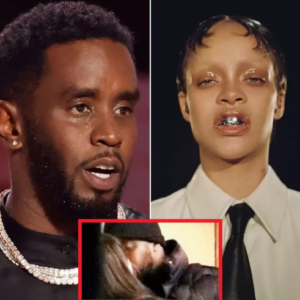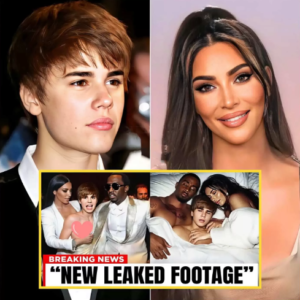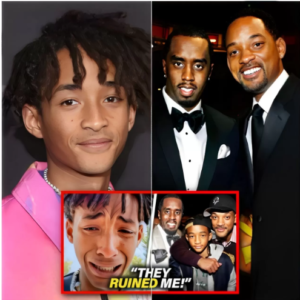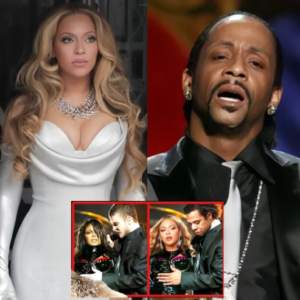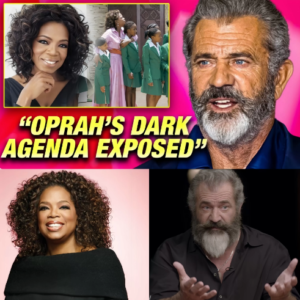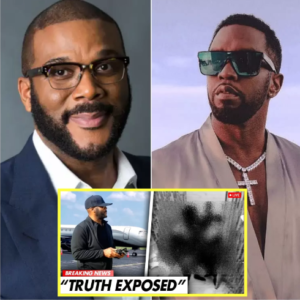WATCH VIDEO BELOW 


Dave Chapelle Finally Opened up about Oprah Being The “Diddy Of Hollywood” (VIDEO) 
 .
.

Dave Chappelle recently sparked intense debate by likening Oprah Winfrey to Sean “Diddy” Combs, claiming both share a similar, dark influence within their industries. According to Chappelle, Oprah has long been a central figure in Hollywood, not just as a media mogul but as someone who pulls strings behind the scenes, often to the detriment of others. He asserted that Oprah’s rise to power, while commendable on the surface, has come at the expense of marginalized groups, particularly the Black community.
Chappelle’s accusations revolve around Oprah’s alleged practice of exploiting the suffering of others for her personal gain. He pointed to her controversial 2019 interview with Wade Robson and James Safechuck, the men who accused Michael Jackson of molestation. This interview took place after Jackson’s death, despite the allegations being unproven in court. Many saw this move as Oprah turning her back on the Black community and profiting from a scandal with little regard for due process or justice.

In addition to her treatment of Michael Jackson, Chappelle also brought up Oprah’s highly publicized feud with comedian Mo’Nique, who claimed that Oprah sabotaged her career after Mo’Nique refused to play into Hollywood’s exploitation system. Mo’Nique, who won an Academy Award for her role in “Precious,” accused Oprah of contributing to her industry blacklisting, with Chappelle asserting that Oprah’s influence was used not to elevate but to suppress talent.
Chappelle’s critique didn’t stop there. He questioned Oprah’s connections to some of Hollywood’s most controversial figures, including convicted sexual predator Harvey Weinstein and Brazilian spiritual healer João Teixeira de Faria, also known as John of God. Oprah had previously promoted John of God on her show, though he was later convicted of horrendous crimes, including sexual abuse and human trafficking. This connection raised doubts about Oprah’s moral compass, leading many to question whether she knowingly associates with individuals who commit such heinous acts for personal or professional benefit.

What stands out in Chappelle’s comparison between Oprah and Diddy is the suggestion that both have accumulated enormous influence and power in their respective domains but may use that influence to harm others. Diddy, who has faced allegations of being linked to the deaths of fellow rap legends Tupac Shakur and The Notorious B.I.G., is often accused of using underhanded tactics to maintain his dominance in the music industry. Similarly, Chappelle believes Oprah has used her influence in Hollywood not just to succeed but to control the narratives and outcomes of others.
Chappelle’s accusations also connect to a broader discussion about racial dynamics and the way powerful figures are perceived in society. He accused Oprah of pandering to white audiences while neglecting or exploiting Black voices. Despite her extensive philanthropic work, particularly within the African American community, critics argue that Oprah’s focus on self-promotion and strategic partnerships has alienated some of her core supporters.
In addition to the racial politics surrounding Oprah, Chappelle hinted at recent rumors that have swirled around her. Social media was recently flooded with claims that Oprah’s home had been raided and that she had been arrested. Though these rumors were later debunked, they highlighted the fragile public perception of Oprah and the undercurrents of suspicion about her involvement in various scandals.
Chappelle’s critique underscores a growing discomfort with the unchecked power held by media moguls like Oprah and Diddy. While both have achieved remarkable success, their alleged roles in manipulating others’ careers, controlling narratives, and engaging with controversial figures raise troubling questions about the extent of their influence. Whether true or not, the mere existence of such accusations reflects the complicated legacy that figures like Oprah and Diddy leave behind as they navigate their respective industries.
In summary, Chappelle paints a picture of Oprah as a figure with immense control in Hollywood, whose actions mirror those of Diddy in the music world. Both have risen from humble beginnings to claim positions of power, but along the way, they’ve faced accusations of manipulating that power for personal gain at the expense of others. Chappelle’s bold remarks have reignited conversations about race, power, and exploitation in the entertainment industry.
